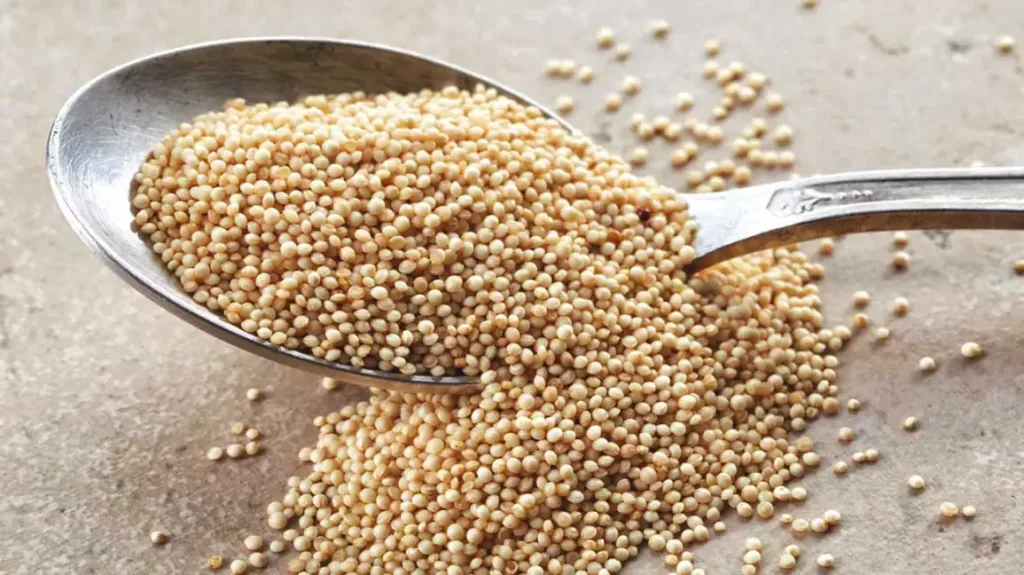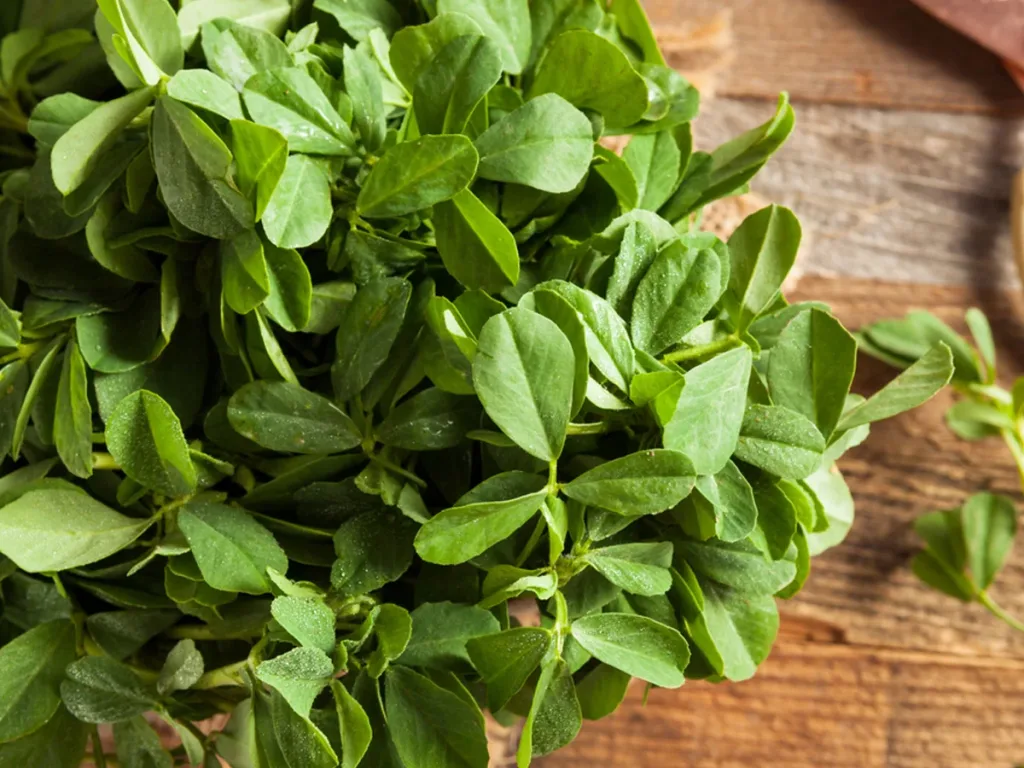Cardiovascular disease remains one of the leading causes of death worldwide. While medical care plays a role in prevention and treatment, everyday diet is one of the most powerful tools you have to protect your heart.
We’ve all heard about the “usual suspects” like oats, salmon, or almonds. But science shows there are many lesser-known superfoods that provide targeted benefits—improving cholesterol balance, reducing inflammation, supporting vascular function, and protecting arteries from oxidative stress.
Here are seven underrated foods that deserve a spot in your kitchen if you want to keep your heart beating strong.
1. Flaxseeds

Nutrient highlight: ALA, lignans, soluble fiber
Flaxseeds are a rare plant source of alpha-linolenic acid (ALA), an omega-3 fatty acid linked to reduced risk of atherosclerosis. Studies show ALA helps lower LDL cholesterol and triglycerides while supporting anti-inflammatory pathways.
What makes flax truly unique is its lignan content—plant compounds that act like phytoestrogens and antioxidants. Lignans have been associated with improved vascular elasticity and reduced plaque buildup.
How to use: Always use ground flaxseeds (not whole, which pass undigested). Add to smoothies, roti dough, or homemade energy bars.
2. Amaranth

Nutrient highlight: Magnesium, plant protein, sterols
This ancient grain—once a staple in traditional diets—is packed with magnesium, a mineral that plays a critical role in blood pressure regulation and heart rhythm. Magnesium deficiency is strongly linked to hypertension and arrhythmias.
Amaranth also provides squalene and plant sterols, compounds that support healthy cholesterol levels by reducing intestinal cholesterol absorption.
How to use: Cook like porridge, puff it as a snack, or use in soups and salads.
3. Beetroot

Nutrient highlight: Nitrates, betalains, folate
Beetroots are one of the richest natural sources of dietary nitrates, which are converted into nitric oxide (NO) in the body. Nitric oxide relaxes blood vessels, lowers vascular resistance, and improves blood flow. Clinical trials have consistently shown that beetroot juice can reduce systolic blood pressure in both healthy individuals and those with hypertension.
Beets also contain betalains, antioxidants that protect arteries from oxidative stress.
How to use: Roast or boil for salads, juice them, or blend into dips like beetroot hummus.
4. Pumpkin Seeds

Nutrient highlight: Magnesium, zinc, sterols, antioxidants
Often discarded, pumpkin seeds are a nutrient-dense snack rich in magnesium, zinc, and plant sterols. Magnesium helps regulate blood pressure and heartbeat, while zinc supports endothelial function (the health of blood vessel lining).
Studies show that pumpkin seed oil can help reduce hypertension and improve HDL (“good”) cholesterol levels.
How to use: Lightly roast with minimal seasoning, sprinkle on soups, or grind into chutneys.
5. Pomegranate

Nutrient highlight: Punicalagins, anthocyanins, vitamin C
Pomegranate is especially rich in polyphenols like punicalagin and anthocyanins, which protect blood vessels from oxidative stress and inflammation. Research suggests regular pomegranate intake can improve arterial elasticity and reduce systolic blood pressure, making it highly protective against atherosclerosis.
Its antioxidants also help prevent LDL cholesterol from oxidizing—a key step in plaque formation.
How to use: Eat the arils raw, blend into smoothies, or use fresh juice (without added sugar).
6. Fenugreek Leaves (Methi)

Nutrient highlight: Soluble fiber, flavonoids, polyphenols
While fenugreek seeds are well-known for controlling blood glucose, the leaves are an underrated heart helper. Rich in soluble fiber, methi leaves help reduce cholesterol absorption and improve lipid profiles.
They also provide flavonoids and polyphenols that reduce oxidative stress and improve endothelial function—crucial for vascular health.
How to use: Add fresh methi to parathas, dals, and stir-fries, or dry them (kasuri methi) for seasoning.
7. Dark Cocoa

Nutrient highlight: Flavanols, magnesium
Not all chocolate is created equal. Pure cocoa is loaded with flavanols, plant compounds shown to enhance nitric oxide production and improve vascular flexibility. Regular consumption of flavanol-rich cocoa has been linked to lower blood pressure and improved endothelial function.
The key: choose minimally processed cocoa powder or dark chocolate with 70% or more cocoa content, without excess sugar or dairy.
How to use: Add unsweetened cocoa to smoothies, sprinkle on fruits, or enjoy a small square of dark chocolate.
The Takeaway
Heart health isn’t only about avoiding fried foods or cutting salt, it’s equally about adding the right protective foods into your daily diet.
- Flaxseeds support cholesterol balance.
- Amaranth strengthens vascular health.
- Beets lower blood pressure naturally.
- Pumpkin seeds provide crucial minerals.
- Pomegranate improves arterial function.
- Fenugreek leaves manage cholesterol and oxidative stress.
- Dark cocoa supports healthy circulation.
Each of these foods works through different mechanisms: cholesterol regulation, blood pressure control, antioxidant defense, or vascular support. Together, they can significantly lower your long-term risk of heart disease and support overall cardiovascular resilience.
Your heart deserves more than restriction, it deserves nourishment, variety, and foods that work with your body’s natural defenses. Start small, add consistently, and let food be your first step toward prevention.
For more science-backed insights and practical nutrition strategies, visit nourivabyishita.com.

0 Comments